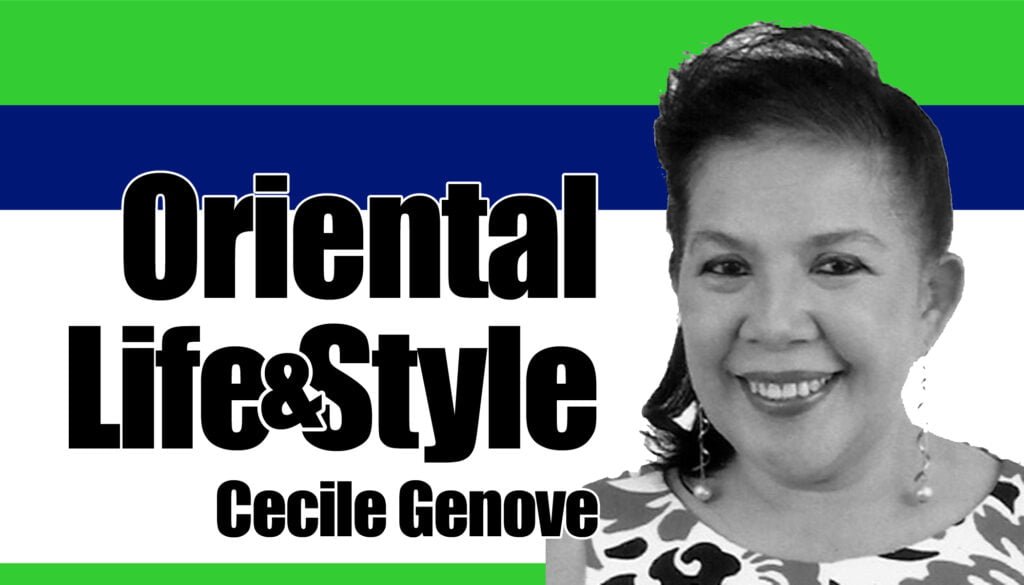
At the rate news about brazen corruption have bewildered the country, although it is not exactly new or surprising, it would be most appropriate to revisit the results of a national survey dubbed “AmBisyon Natin 2040” conducted by the National Economic and Development Authority (NEDA) in partnership with the World Bank-Knowledge for Development Community (WB-KDC).
The national survey tackled the aspirations of the Filipino people, bringing together stakeholders representing the youth, government and local government units, civil society organizations, the academe, private sector, and business/entrepreneurship.
“AmBisyonNatin2040” defines a common long-term vision or a set of long-term goals based on the standard of living that Filipinos want to have by the year 2040. The project serves as basis of unity among Filipinos and a guide for development planning across the country under different administrations for the next 24 years.
“While people may differ on short- and medium-term objectives, as well as on approaches or strategies to achieve these goals, it is important and possible to reach a consensus on a long-term vision,” the NEDA report said. It emphasized that “The vision of the Filipino people will serve as anchor for the next four medium-term development plans to be crafted under successive political administrations or four Presidents.”
The nationwide study involved face-to-face personal interviews using Tablets with a sample size of 10,000 respondents, males and females, with ages ranging from 15-50 years old, and coming from the ABCDE income bracket. The locale of the study represented all regions, both urban and rural, with the exception of risk areas like Abra, Sulu, and Basilan and provinces with small populations like Apayao, Batanes, Siquijor, Camiguin, and Dinagat Islands.
The study, which had a margin of error of less than one percent, revealed that an overwhelming majority of Filipinos aspire for a simple and comfortable life (79 percent), followed by a smaller segment of the population who want an affluent life (16.9 percent), while a very small portion aspires for the life of the rich (3.9 percent).
“For Filipinos, a simple and comfortable life is described as having a medium-sized home, having enough earnings to support everyday needs, owning at least one car/vehicle, having the capacity to provide their children college education, and going on local trips for vacation,” the NEDA report expounded.
Three-fourths of Filipinos (72.1 percent) believed that by 2040, the standard of living for all is having a simple and comfortable life, while one-fourth (25 percent) indicated that all Filipinos should have a prosperous and affluent life. However, as the study showed, confidence in achieving the desired goals was lower among the poor. “Among those who want a comfortable life, 48.5 percent are not fully confident that they can reach their goals,” the report analyzed.
Filipinos envision the Philippines to “be a predominantly middle-class society with poverty and hunger to have been eradicated with sufficient good quality local jobs available.” For Filipinos in general, the most important economic goal is the eradication of poverty and hunger. Identified as second and third most important goals are housing (26.4 percent), education (30.8 percent), and health (30.3 percent). The survey further revealed that “modern lifestyle” and as “leader in science and technology” as among the least important goals.
In the case of jobs, a prevailing sentiment is that “jobs should be located in the Philippines and that Filipinos should have options for good quality employment that supports a comfortable life in the country. “Eighty eight percent agree that in the year 2040, it will be good for the country if citizens will stay in the Philippines instead of going abroad to work. More than 69 percent would choose a job at home, instead of a job abroad if given a choice,” the NEDA study continued.
Having a decent job is another important priority among Filipinos by 2040. A decent job means having a “good salary and a business where the revenue is high.” Job stability or job security comes in next followed by benefits and incentives, as well as the type of work.
In terms of good governance, Filipinos believe in eliminating corruption as important to achieving a better future. Moreover, Filipinos believe that peace and security are important in achieving personal and national prosperity.
Will the “vision” just remain as a dream, fast forward to what is happening today? We hope not. | NWI



